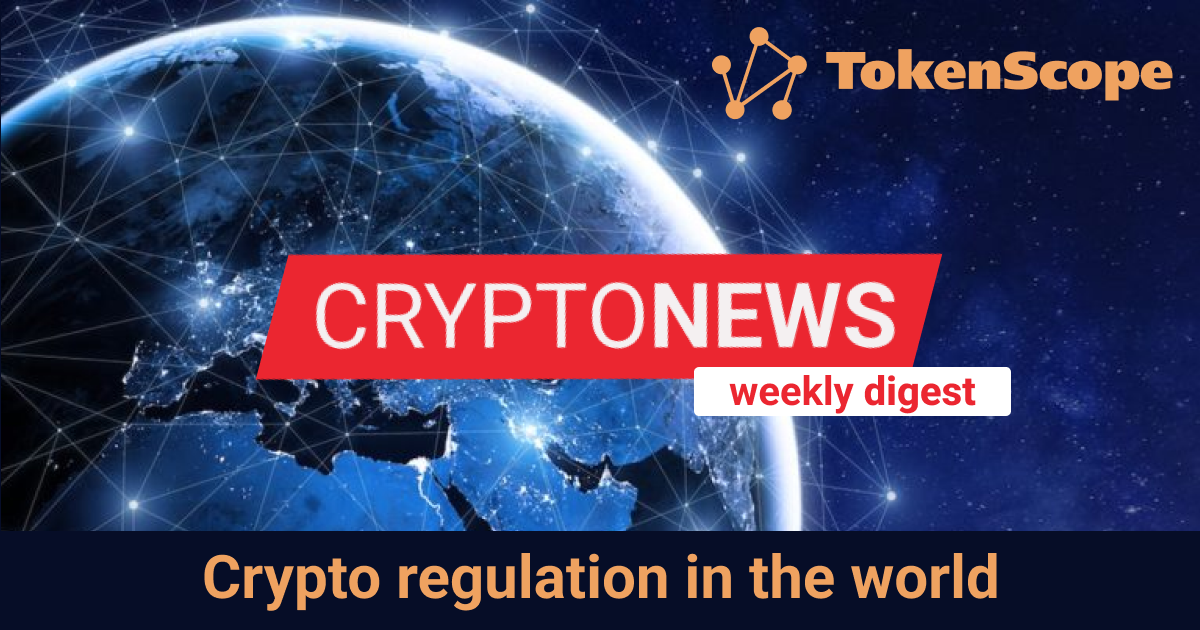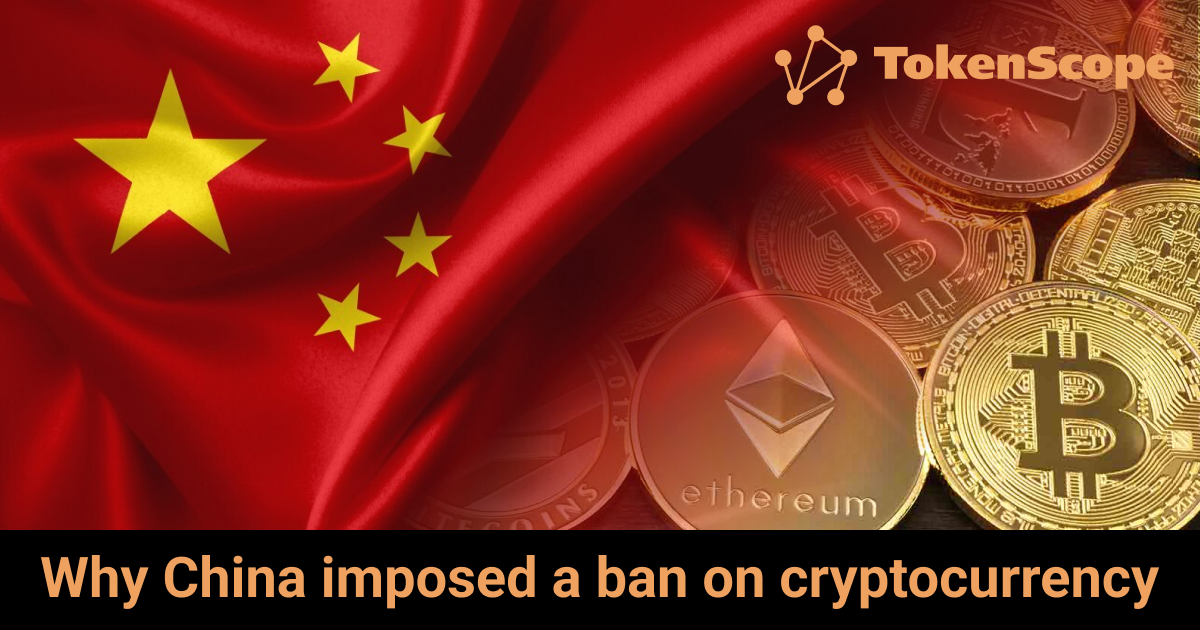Crypto regulation in the world: weekly digest #19

The TokenScope Team offers an overview of legislative initiatives and innovations in the field of government regulation for cryptocurrencies. The highlight of the past week.
Asia
A few times after the Hong Kong’s authorities have revealed their plan to legalize the retail trading of cryptocurrencies through a mandatory licensing program, the government of China’s Special Administrative Region issued a new Policy Statement on development of Virtual Assets.
According to the document, Hong Kong is open and inclusive towards the global community of innovators engaging in virtual assets businesses. The Hong Kong’s Government, in conjunction with the financial regulators, are working towards providing a facilitating environment for promoting sustainable and responsible development of the virtual assets sector in Hong Kong. It is stated that currently Hong Kong’s regulators are discussing a new licensing regime for virtual asset service providers (VASPs) and ready to engage with global VA Exchanges and invite them to set foot in Hong Kong for new business opportunities.
The Securities and Futures Commission of Hong Kong noted that the city is also open to crypto exchange traded funds (ETFs) and promised to ensure appropriate regulatory mechanisms and investor protection.
The Government and the regulators are exploring a number of pilot projects to test the technological benefits brought by VA and their further applications in the financial markets. These projects include non-fungible token (NFT) issuance for Hong Kong Fintech Week 2022, Green bond tokenization, and e-HKD.
TokenScope team believes that the change in the regulation of cryptocurrencies in Hong Kong is associated with a general policy easing of the Chinese authorities regarding cryptocurrencies. China, where cryptocurrencies have been banned since 2021, may have begun to reconsider its position and wants to compete with other Asian states, where cryptocurrencies already play an important role in the economy. After the ban on cryptocurrencies in China, many VA businesses were forced to move to other countries, primarily to Singapore.
South Korean authorities decided to toughen punishment for crimes involving digital currencies after more and more citizens have become victims of hackers and scammers. The country’s The Financial Services Commission (FSC) is developing a mechanism for monitoring activity in the cryptosphere together with representatives of the blockchain industry. With its help, the authorities will be able not only to track and stop transactions involving scammers and hackers, but also to counteract the manipulation of prices for cryptocurrencies. Particular attention will be paid to interaction with VASPs in order to strengthen control over users.
Also, the country’s government in cooperation with financial regulators and VA businesses, is preparing a new bill on digital assets, which should guarantee the safety of investors. It should be presented in 2023.
Europe
The European Parliament has postponed to 2023 the final vote on the MiCA cryptocurrency regulation bill. Earlier, on October, members of the European Parliament’s Committee supported the document by a majority of votes and final approval was expected at the plenary meeting in November. The representative of the parliament specified that the bill needs to be translated into the 24 official languages of the EU. As far as the text is technical and long the final voting is going to take place in February next year.
Un the UK members of the House of Commons announced that they plan to examine the market for non-fungible tokens (NFTs). Parliamentarians initiated an investigation to identify possible risks and benefits of such assets.
The process will be led by the Department of Digital, Culture, Media and Sports (DCMS), which plans to reveal the potential dangers and benefits of NFTs for investors. The results of the investigation will be considered by the UK Treasury and in the future will be used to develop special bill to regulate the NFT industry.
Moreover the UK authorities have taken the first step towards restricting crypto advertising. The corresponding bill was approved by the legal committee of the Parliament. In the Bill in addition to mandatory licensing of blockchain companies, the authorities want to regulate the publication of content that promotes cryptocurrency investments.
The bill not only limits the opportunities for advertisers, but also aims to legalize stablecoins as a means of payment. Companies that don’t have a license will not be able to offer virtual currency services in the UK.
News from other countries:
- India has officially applied a tax on cryptocurrency transactions. The country's parliament set it at 30%. This is one of the highest taxes on cryptocurrency transactions in the world.
- Switzerland has introduced mandatory KYC procedures for individuals that perform transaction in cryptocurrency in the amount of 1000 Swiss Francs and above ($ 1,000). VASP customers will be required to verify their identity if they make transactions totaling 1 000 Swiss Francs within a month when exchanging cryptocurrency for cash or another form of money.
- The Canadian authorities announced the start of consultations on cryptocurrencies, stablecoins and CBDC. The industry’s experts will study the possible risks associated with crypto assets and will give their proposals to country’s financial regulators.
We continue to highlight the news of the world of crypto regulation worldwide. Stay tuned for the latest news!




